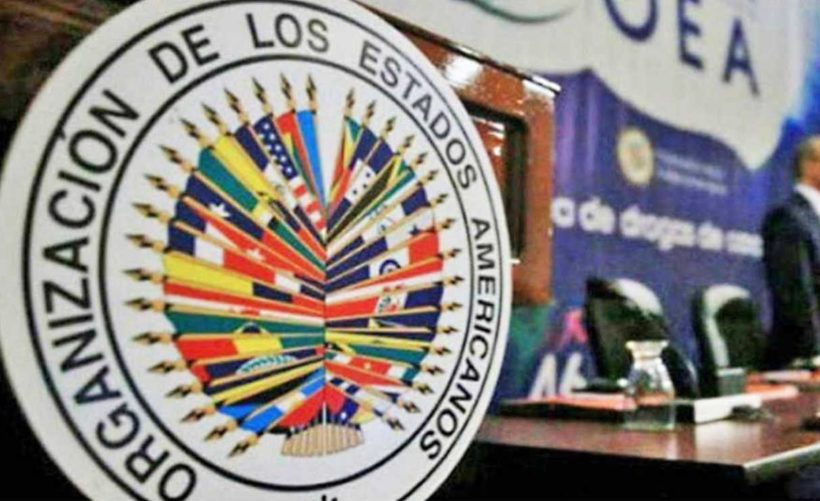The Permanent Council of the Organisation of American States (OAS) received on 02 March the Final Report of the Interdisciplinary Group of Independent Experts (GIEI-Bolivia) on the massacres, extra-summary executions and other human rights violations that occurred in Bolivia during the coup movement in 2019.
The international experts Patricia Tappatá, Marlon Weichert, Magdalena Correa and Julián Burger presented the report and emphasised that the study was carried out on the spot, where massacres and serious violations at the hands of the forces of law and order under the so-called decree of death, 4078, were confirmed.
After the presentation, the member countries of the Organisation of American States validated the results of the investigation set out in the Final Report and urged compliance with the recommendations for the non-repetition of these events in any country in the hemisphere.
Bolivia’s ambassador to the OAS, Héctor Arce, highlighted the countries’ support for the report presented by the international experts. “We have received the support of a dozen countries, absolutely all of them have supported the work of the GIEI. It is also an expression of solidarity with the victims,” said the Bolivian representative.
Arce also confirmed that during the second week of March an agreement will be signed with the IACHR to set up a mechanism to follow up on the GIEI’s recommendations.
We suggest you read: Decree 4078, 2019 Bolivia
In addition to this, the Uruguayan ambassador to the OAS, Washington Abdala, praised the document and asserted that the findings constitute evidence that could be presented in possible trials.
He added that “it is very worrying” to note that the acts of violence in 2019 had an important component of racism and discrimination, “ethnic identity was appealed to (…), political adhesions were dangerously racialised and tried to be used as a factor of exclusion from institutional spaces”. For this reason, the conclusions and findings of the GIEI must be translated into concrete actions.
Finally, the Argentinean ambassador to the OAS, Carlos Raimundi, stated that “the States that belong to the Inter-American Human Rights System has the duty to accept the presence of these bodies of the Inter-American System at the scene of the facts because the reports that are prepared off-site have a level of mediatisation of the concrete facts, and can be greatly influenced and modified”










